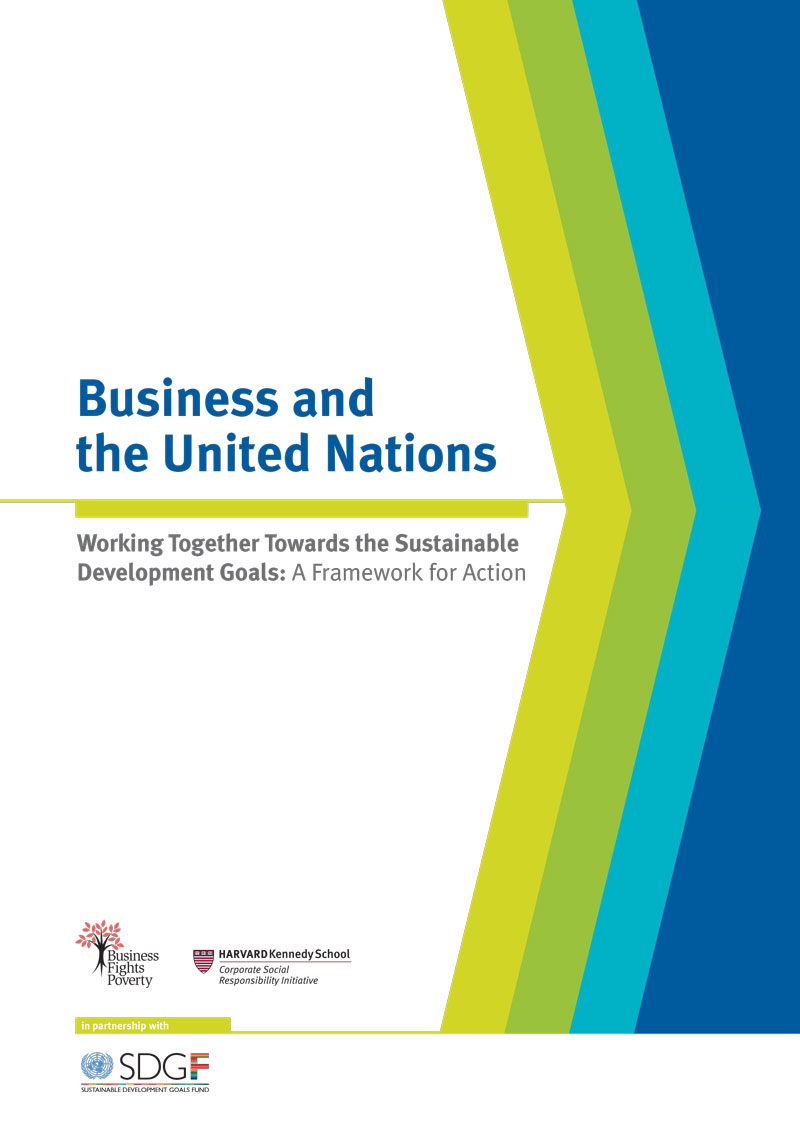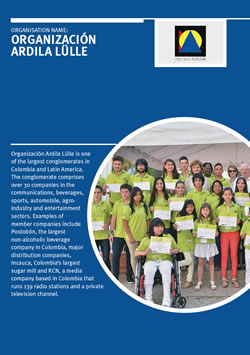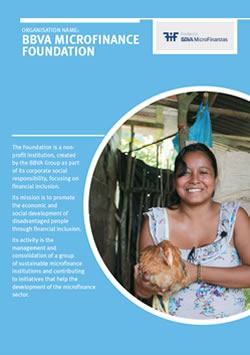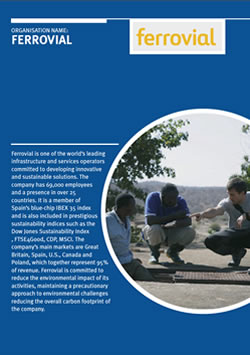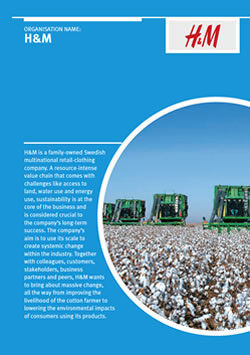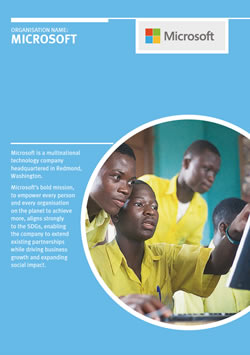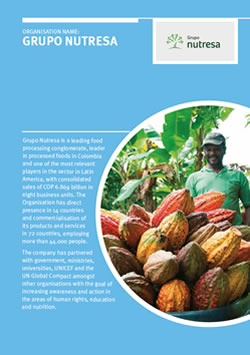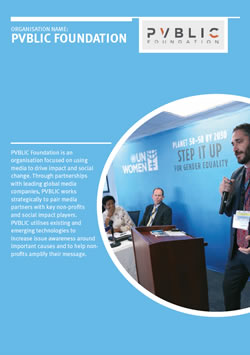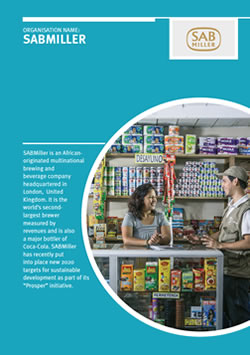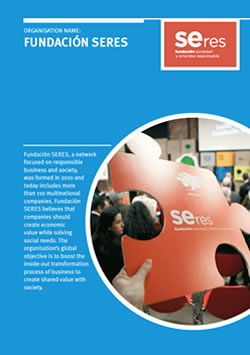
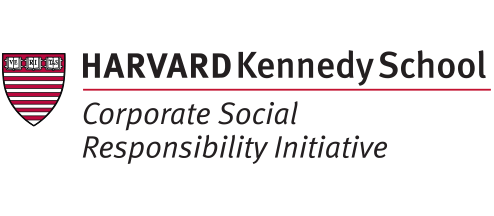
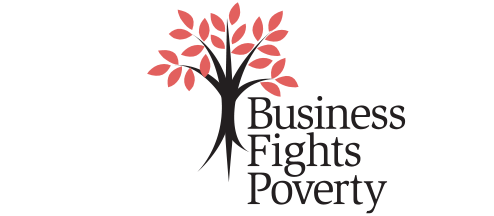
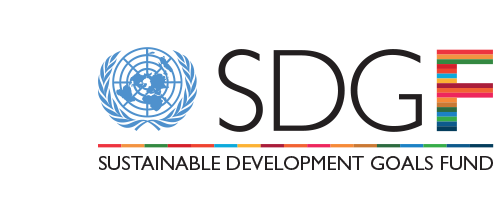
This report published in conjunction with Harvard's Kennedy School and Business Fights Poverty, entitled, Business and the United Nations: Working together towards the Sustainable Development Goals: A Framework for Action outlines the business and development case for increased UN business engagement as well as recommendations on the ways that the UN can work more effectively on this shared imperative.
There is a renewed emphasis across the United Nations on partnering with responsible businesses to deliver sustainable development on the ground. This report offers fresh perspectives on a variety of topics including improving the climate for partnership design, co-creation, combining complementary skills, and developing solutions to harness the full potential of what business can bring to the development table.
This publication focuses on insight and best practices culled from interviews with business leaders which are designed to help both the private sector, the UN, and other practitioners learn from each other. These business leaders represent a selected group of companies from several regions of the world and a variety of industries that are part of the SDG Fund Private Sector Advisory Group.
The report is divided into three chapters:
- Executive Summary and Imperative for Action
- The Framework for Action
- Agenda for Action
For more information on partnerships with the SDG Fund, please contact Teresa Burelli (teresa.burelli [at] undp.org).
Case studies
Below is a collection of company case examples and perspectives from members of the SDG Fund’s Private Sector Advisory Group.
RECOMMENDED RESOURCES
Below you can find some reports, books, articles, toolkits and websites that can provide insight on the role of business in sustainable development and its engagement in the Agenda 2030 for Sustainable Development.
Reports
Christina Gradl and Beth Jenkins (2011): From Inclusive Business Models to Inclusive Business Ecosystems. CSR Initiative, Harvard
Kennedy School. Sets out strategies and structures for strengthening inclusive business ecosystems, looking at over 170 cases. http://snipbfp.org/1h92uYm
Jane Nelson, Beth Jenkins and Richard Gilbert (2015). Business and the Sustainable Development Goals: Building Blocks for Success at Scale. Business Fights Poverty and Harvard Kennedy School’s CSR Initiative. Looks at critical enabling conditions that must be in place to align business incentives and capabilities in favour of success at scale. http://snipbfp.org/1LOOkZZ
Jane Nelson (2002). Building Partnerships: Cooperation between the United Nations System and the Private Sector. United Nations and Prince of Wales International Business Leaders Forum. Reviews the obstacles and opportunities of cooperation between the UN system and business, including over 150 examples. http://snipbfp.org/1PdJPcL
Jane Nelson (1996). Business as Partners in Development: Creating Wealth for Countries, Companies, and Communities. United Nations, World Bank and Prince of Wales International Business Leaders Forum. Sets out a framework for the role businesses can play as partners in development, through core business activities, philanthropy and engagement in policy dialogue. http://snipbfp.org/1ORicXx
Michael Porter, Greg Hills, Marc Pfitzer, Sonja Patscheke and Elizabeth Hawkins (2012). Measuring Shared Value: How to Unlock Value by Linking Social and Business Results. FSG. Illuminates how companies can use measurement to unlock additional value for their business and society. http://snipbfp.org/1PYNmJS
UN (2015). The Addis Ababa Action Agenda of the Third International Conference on Financing for Development. Sets out a global framework for financing the SDGs. http://snipbfp.org/1LuoKJt
UNDP (2009). Creating Value for All: Strategies for Doing Business with the Poor. Provides strategies to overcome common obstacles to providing business opportunities in low income communities. http://snipbfp.org/1VzbggQ
UNDP (2004). Unleashing Entrepreneurship: Making Business Work for the Poor. Report by Commission on the Private Sector and Development. Makes recommendations to spur entrepreneurial ventures to serve and employ low-income people. http://snipbfp.org/1M9X34Y
UNIDO and UN Global Compact (2014). Engaging with the Private Sector in the Post-2015. Agenda Summary of consultations held in 20 countries throughout 2014. http://snipbfp.org/1LrxAt7
UN Global Compact LEAD Task Force on UN-Business Partnerships (2011). Catalyzing Transformational Partnerships between the United Nations and Business. Reviews the recent history of such partnerships, and makes recommendations for enhancing their effectiveness and scale. http://snipbfp.org/1jvyby7
World Bank and other Multilateral Development Banks (2015). From Billions to Trillions. Outlines a vision by the development banks for supporting and financing achievement of the SDGs, including by mobilising private investment. http://snipbfp.org/1k5yorI
World Economic Forum, Harvard Kennedy School and Prince of Wales International Business Leaders Forum (2005). Partnering for Success: Business Perspectives on Multistakeholder Partnerships. Focuses on innovative partnership approaches between companies, government bodies and civil society organisations to address key development challenges. http://snipbfp.org/1iX5lFX
Books and articles
Peter Diamandis (2015). Bold: How to Go Big, Create Wealth and Impact the World. Discusses how advancing technologies and bold entrepreneurs offer the potential to tackle major global challenges at scale. http://diamandis.com/bold
David Elkington (2008). The Power of Unreasonable People. Identifies unconventional entrepreneurs who are solving some of the world’s most pressing economic, social and environmental problems. http://snipbfp.org/1MTn3nP
David Grayson (2014). Social Intrapreneurism and All That Jazz. Explores how highly creative social innovators are improvising alliances across, as well as beyond, their companies to produce products and services for poor segments of society. http://snipbfp.org/1M9Xmg6
David Grayson and Jane Nelson (2013). Corporate Responsibility Coalitions: The past, present and future of alliances for sustainable capitalism. Provides an overview of business-led coalitions at the global and national level or focused on a specific industry sector or issue dedicated to scaling up responsible business practices and development impact. http://snipbfp.org/1OCko5s
Michael Porter and Mark Kramer (2011). Creating Shared Value. Harvard Business Review article arguing that companies need to redefine their purpose as creating “shared value” — generating economic value in a way that also produces value for society. http://snipbfp.org/1L9hvCa
C.K. Prahalad (2004). Fortune at the Bottom of the Pyramid. Explores the growing markets and entrepreneurial opportunities found among the billions at the base of the economic pyramid. http://snipbfp.org/1OglHH9
Erik Simanis and Duncan Duke (2014). Profits at the Bottom of the Pyramid. Harvard Business Review article examining why many multinationals’ projects to address social issues fail to make profit. It argues two key challenges are underestimated: changing consumers’ behaviour and changing the way products are made and delivered. http://snipbfp.org/1KoWplT
Andy Wales, Matthew Gorman and Dunstan Hope (2010). Big Business, Big Responsibilities: From Villains to Visionaries: How Companies are Tackling the World’s Greatest Challenges. Shares how the world’s best known brands are contributing to international development, not as philanthropy but as a core part of business strategy. http://snipbfp.org/1hjG4od
Toolkits
GRI, UN Global Compact and WBCSD (2015). SDG Compass: The Guide for Business Action on the SDGs. Explains the SDGs and how they affect business, outlining tools and knowledge to put sustainable ways of working at the core of business. http://sdgcompass.org/
Jane Nelson and Dave Prescott (2008). Business and the Millennium Development Goals: A Framework for Action. Provides a framework for how companies and business coalitions can work with the UN, governments and civil society to help achieve the MDGs. http://snipbfp.org/1PdNIOR
Seres (2012). Impact Measurement Tools. Enables companies to measure the value of social responsibility in their organisations to allow better targeting of activities and evaluation of results in socio-economic terms. http://fundacionseres.org
WBCSD (2008). Measuring Socio-Economic Impact: A Guide for Business. Helps companies understand their contribution to society in order to inform operational and investment decisions, and conversations with stakeholders. http://snipbfp.org/1Z1y0uj
UN Global Compact and Oxfam Poverty Footprint Tool: An assessment tool that takes a people-centered approach to look at business impacts (both positive and negative) on the multi-dimensional aspects of poverty. http://snipbfp.org/1k5xDPm
Websites
Business Call to Action: Launched by the UN in 2008, showcases commitments of member companies to advance core business activities that are inclusive of poor populations and contribute to the SDGs. http://businesscalltoaction.org
Business Fights Poverty: The world’s largest online practitioner community on business and international development sharing the latest peer-to-peer insights on harnessing business for social impact, including a dedicated zone on the SDGs. http://businessfightspoverty.org
Business for 2030: An initiative of the United States Council for International Business, showcasing business’ past and continuing contributions to sustainable development through the prism of the SDGs. http://businessfor2030.org
Global Business Alliance for Post-2015: Composed of major international private sector organisations, setting out private sector messages on the SDGs. http://gbaforpost2015.org
The Partnering Initiative: An independent non-profit dedicated to driving cross-sectoral collaboration for a sustainable future, providing training, tools and publications on
how to build effective partnerships. http://thepartneringinitiative.org/
UN-Business Action Hub: A platform, developed by the UN Global Compact Global Hand and 20 UN agencies, to foster greater collaboration between business and the UN to advance UN objectives and the SDGs. https://business.un.org

